
Zhou Lingfei, Lu Xun's eldest grandson, delivers a speech at a ceremony to mark the release of his grandfather's collected manuscripts in Beijing on Tuesday. (Photo/CHINA DAILY)
A complete set of manuscripts by Lu Xun, widely hailed as the leading figure of modern Chinese literature, was released by the publishing house of the National Library of China in Beijing on Tuesday.
The publishing project took four years to complete. It was initiated to honor the literary giant on the 140th anniversary of his birth, which was last Saturday. Over 32,000 pages of manuscripts are included in the 78 books. High-definition digital scanning was used to print the manuscripts in their original size.
Lu Xun (1881-1936), whose real name was Zhou Shuren, was known for his versatility as a short story writer, essayist, literary critic and editor, among other fields.
"He is the most representative figure of the Chinese cultural circle in modern times and stands for the soul of our nation," Hu Heping, minister of culture and tourism, said at Tuesday's release ceremony at the National Library of China.
Hu added that Lu Xun's revolutionary stance, care for grassroots people and spirit of exploration have encouraged generations to pursue the country's prosperity.
Lu Xun's 1918 short story A Madman's Diary is seen as the first modern work written in vernacular Chinese, and he played a key role in the New Culture Movement from the 1910s to 1920s that widely inspired the Chinese public. As a translator, he also introduced many works from German and Japanese into Chinese and thus widened people's horizons to encompass the rest of the world.
About 30 editions of Lu Xun's manuscripts have been published, but Hu said a comprehensive and more scientifically compiled version had still been needed.
Rao Quan, deputy editor-in-chief of the project, said it is the most complete collection of Lu Xun's manuscripts in history, as more than 14,000 pages had never been publicly showcased before.
"Following recent studies on Lu Xun and modern Chinese literature, we've been continuously collecting and categorizing his manuscripts," he said. "Academics are eagerly anticipating making full use of these files as references in their research."
The newly published Lu Xun manuscripts include his essays, letters, drafts for translation, diaries, notes on ancient documents and other writings.
"We also greatly expanded our horizon to include his handwritten notes in class, account books, and receipts," Rao said. "We can thus reflect his life from different facets."
Rao said that all known Lu Xun manuscripts, many of which are housed overseas in countries like the United States, Japan and Singapore, have been included in the new edition.
Collections from Lu Xun's family have also been donated to make key contributions to the publishing project.
"Only when they're published through a national-level effort and get widely known, can these manuscripts be eternal," Zhou Lingfei, Lu Xun's eldest grandson, said on Tuesday. "His cultural legacy can thus be better promoted."
To facilitate research, a digitized database of all the published manuscripts has been established.












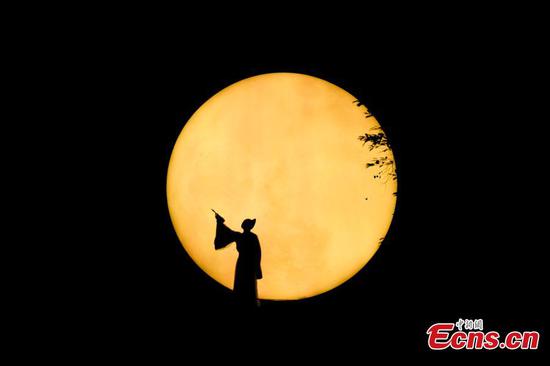






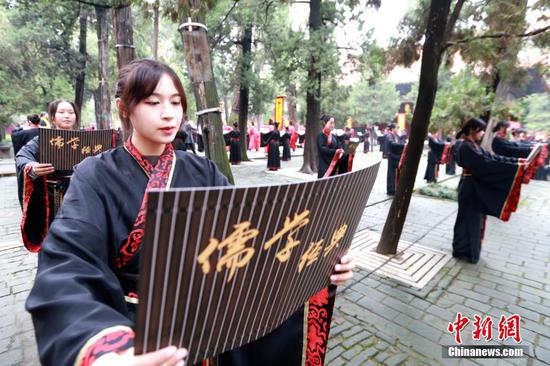





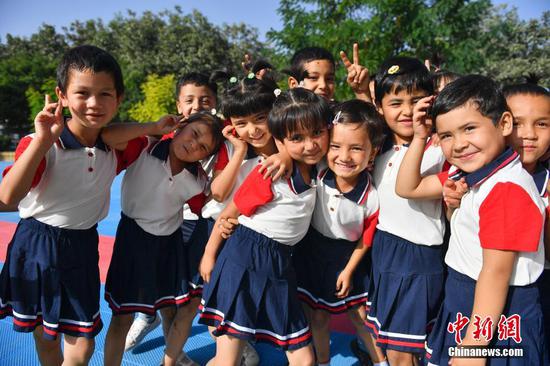



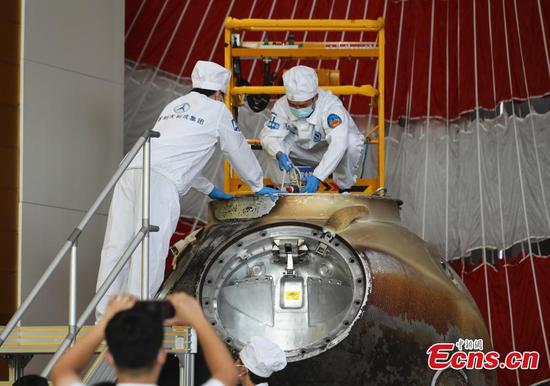



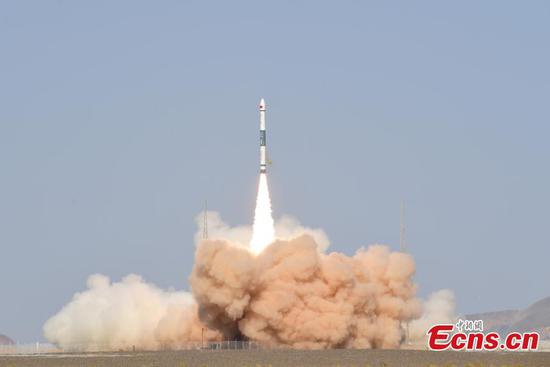


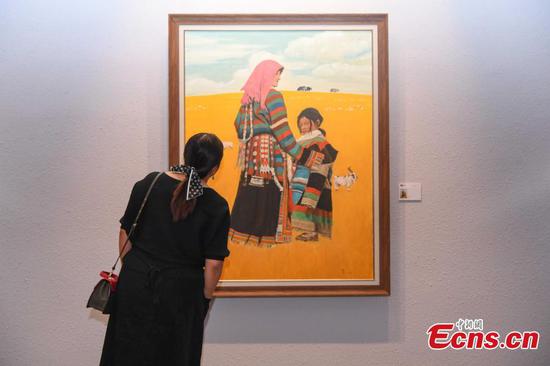







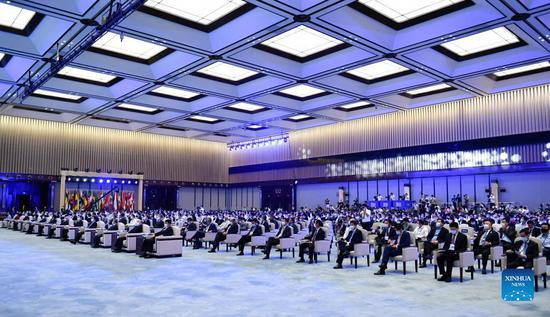





 京公网安备 11010202009201号
京公网安备 11010202009201号